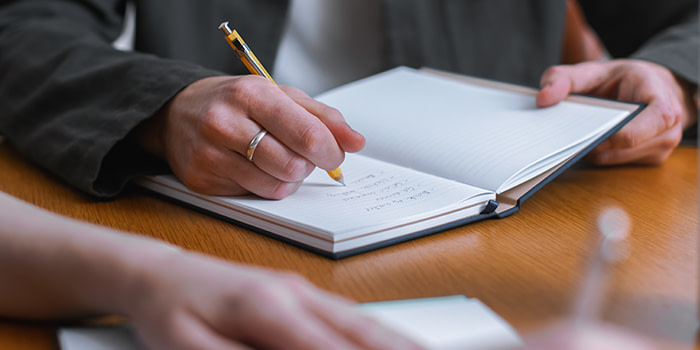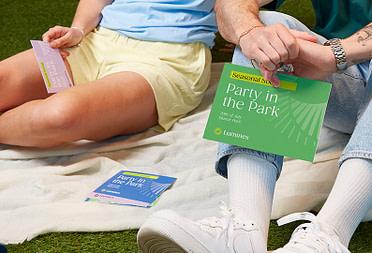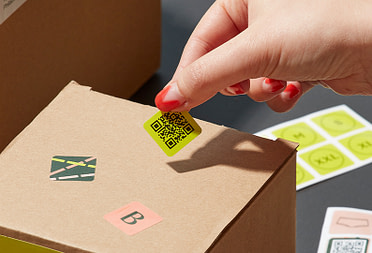4 things we’ve learnt from talking about mental health at work
Here’s what we’ve learnt from talking about mental health at work.

A few months ago, we talked about our partnership with Shine Initiative to better understand mental health-related issues at work. Since then, we’ve been doing our best to create a safe space for these conversations.
MOOsters (that’s us) have been applying these principles in their day-to-day. Here’s what we’ve learnt.
Everyone has mental health
Talking about it with our colleagues, managers and mental health ambassadors made us realise everyone is affected by mental health challenges. Everyone is different, but opening the conversation has been an opportunity to feel less vulnerable for those whose situations might be more difficult.
Based in our London office, this MOOster felt more connected to their colleagues after striking up the conversation. “[Talking about mental health with my workmates] really lifted a weight off my shoulders. At work, we always try to show our strongest, most resilient, most professional side. We tend to forget we’re all (still) humans! Once I talked about my ‘problems’, my colleagues also opened up and we were able to share our experiences and feel less alone.”
Talking is the first step
Speaking about mental health has really helped get things in motion, but you don’t need to shout from the roof (although you definitely can) to yield positive results. Talking can mean sending a quick message to your friend or your manager. It has helped us identify areas of improvement to ensure we offer a safe, inclusive space that values employees’ well-being.
Amongst other things, thanks to these conversations, we’ve moved to tools like 15Five that help managers to better support their team’s needs through regular check-ins that include mental health wellness. With flexible working, those in need have also been able to adjust their work hours to support their wellbeing.
“I was always worried that it would be unprofessional to talk about these things”
For this MOOster from Boston, talking to their manager has been a game-changer. “I was always worried that it would be unprofessional to talk about these things, or that they would see it as a sign I wasn’t up to the task. [They were] actually super supportive, took my needs into account and helped me adjust my workload accordingly.”
Communication facilitates empathy
There’s no better way to feel more heard than when you’re speaking up. It’s difficult to empathise with something you don’t know! By talking about their mental health challenges, MOOsters have been able to connect better with each other and adjust their communication styles.
This same MOOster has found greater communication really helpful to empathise better with colleagues. “I love that quote ‘everyone is fighting a battle you know nothing about.’ I try to live by this principle, but hearing other MOOsters talk about their [situation] has really helped me apply it in my work life. Now I know that, for example, this person gets easily stressed out by uncertainty while that other person might struggle more with big meetings and public speaking.”
It’s a learning curve
Thanks to our mental health ambassadors, events and continuous efforts from our People and JEDI (Justice, Equity, Diversity and Inclusion) teams, every day we’re getting better at fighting the taboo around mental health at work. We even have a Slack channel where everyone can share resources to improve our wellbeing – which includes everything from key information to cute pictures of lambs because every little helps.
“We’re still making mistakes, of course. But our community is really open and ready to help and support each other. It’s really nice to know people care and are willing to learn.” says this MOOster in London. Every day is a school day.
Want to learn more about how we support mental health at work? Connect with us on LinkedIn and check out our open roles to meet (or join) the MOO team.
Keep in touch
Get design inspiration, business tips and special offers straight to your inbox with our MOOsletter, out every two weeks.





